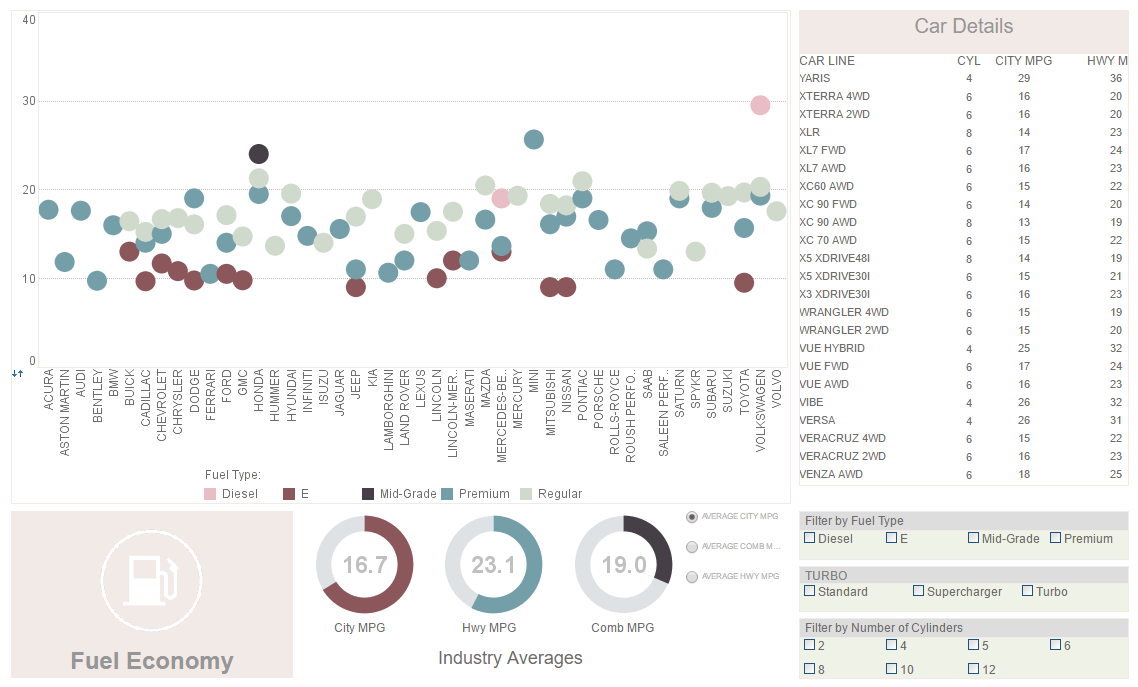InetSoft Product Information: Business Intelligence Installation Process
The following is documentation for InetSoft's easy to set up, flexible data visualization and reporting product, Style Intelligence.
 |
Click this screenshot to view a three-minute demo and get an overview of what
InetSoft’s BI dashboard reporting software, Style Intelligence, can do and how easy it is
to use.
|
The InetSoft JAR files must be added to the system classpath in order to run the software. The editions and their corresponding JAR files are as follows:
Note: The Jar file names are suffixed with _lite for the evaluation version.
Table 2. InetSoft JARS
|
Package |
jar Files |
|
Style Report/Pro |
xreport_pro.jar or xreport_lite.jar, design_pro.jar or design_lite.jar, xtools.jar |
|
Style Report/ EE |
sree_pro.jar or sree_lite.jar, design_pro.jar or design_lite.jar, etools.jar |
|
Style Intelligence |
bisuite_pro.jar or bisuite_lite.jar, design_pro.jar or design_lite.jar, etools.jar |
The JAR files 'design_lite.jar' or 'design_pro.jar' are for development only and do not need to be included in the deployment.
Platform Independence
Style Intelligence is fully platform independent and is coded in 100% Java.
 |
View a 2-minute demonstration of InetSoft's easy, agile, and robust BI software. |
BI Software Deployment
Deploying Style Intelligence at runtime with your application is as simple as including the appropriate JAR files. Depending on the deployment platform, one or two of the JAR files need to be included with your application:
|
Package |
JAR needed for deployment |
Description |
|
Style Report/Pro |
xreport_lite.jar or report_pro.jar, xtools.jar |
These JAR files are required for Style Report/Pro. |
|
Style Report /EE |
sree_pro.jar or sree_lite.jar, etools.jar |
These JAR files are required for Style Report /EE. |
|
Style Intelligence |
bisuite_pro.jar or bisuite_lite.jar, etools.jar |
These JAR files are required for Style Intelligence. |
During this chapter we provided a description of the tools available in the different product packages. This was followed by a discussion of the object oriented design patterns used in Style Intelligence, particularly how the Model-View-Controller design pattern is implemented. We described how Style Intelligence includes a number of adapters, which are used to wrap an object so that it conforms to the predefined API.
The decorator design pattern is a powerful way to add or modify the attributes of an object. The factory design pattern is used by InetSoft products to provide platform and JDK version independent ways to create certain types of objects. The builder design pattern is used in Style Intelligence for importing and exporting reports to and from external formats. A singleton is a type of object that always has one instance in every Java virtual machine where the object shares the same instance across a single process.
We discussed the class and package structure in Style Intelligence, briefly describing the major classes and API conventions. We described that a report is made up of a number of different types of report elements laid out in a sequence. We also discussed installation and deployment issues.
| Previous: Report Structure | Next: Programming Reports |